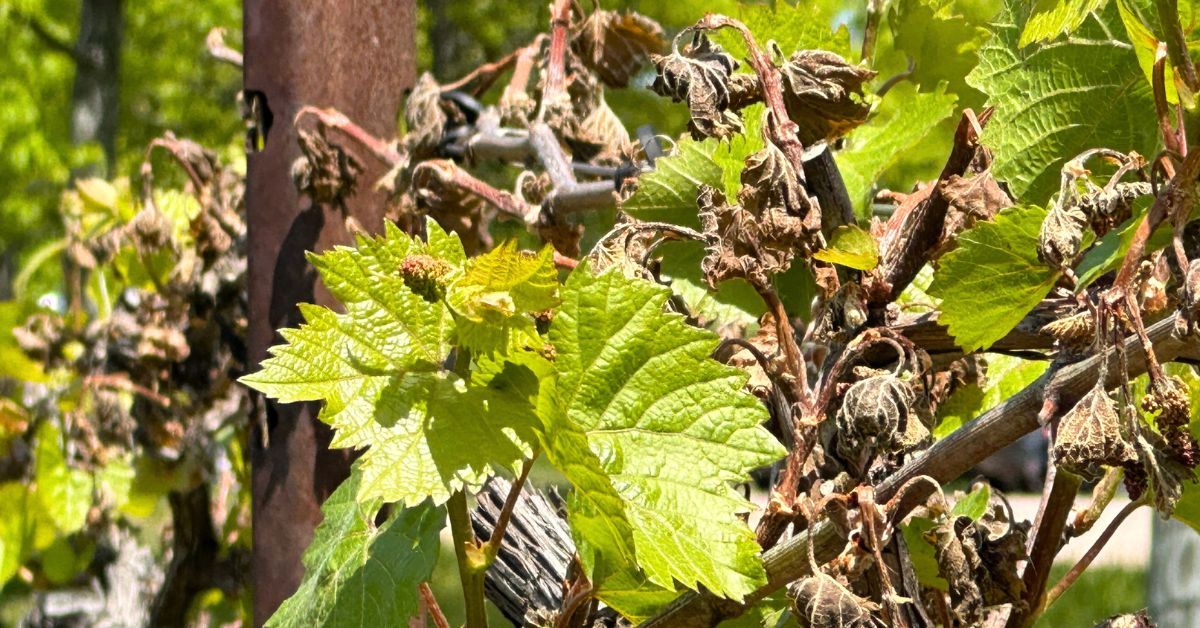MONTPELIER — An unexpected frost descended on Vermont last week, potentially decimating thousands of acres of crops and plunging the agricultural community into uncertainty. As farmers survey the frostbitten fields, the economic implications of this weather anomaly are beginning to emerge.
On the night of May 17, the thermometer’s needle plunged below the freezing point, creating a chilling tableau in a region preparing for spring. Burlington matched its record low temperature of 28 degrees Fahrenheit, while the state capital of Montpelier set a new record, shivering at 25 degrees.
Anson Tebbetts, Secretary of the Vermont Agency of Agriculture, Food and Markets, expressed deep concern for those whose livelihoods are tied to the land.
“The losses caused by the late Spring frost are heartbreaking for those who produce fruits, produce, berries and wine,” said Tebbetts.
A poignant demonstration of the frost’s havoc was on display at Shelburne Vineyard, where visibly damaged vines painted a grim picture.
Ethan Joseph, Head of Vineyard and Winery Operations, confessed his worries about the invisible damage.
“We know and can see that we have significant damage to the vines now, but what we don’t know is whether there’s damage we can’t see to the vines that would help us recover next year if they aren’t affected,” he said.
According to Kendra Knapik, President of the Vermont Grape and Wine Council, vineyards across the state witnessed about a 50 percent loss of primary buds due to the frost.
“With so many farmers being affected, it’s likely to have deleterious economic ramifications for many of these small businesses,” Knapik warned.
The University of Vermont (UVM) Extension is collecting data to better comprehend this large-scale agricultural crisis. Terence Bradshaw, Associate Professor at the UVM Extension Fruit Program, called the widespread event “unprecedented” in his 25 years of experience.
The USDA’s Farm Service Agency (FSA) could provide relief for weather-related losses. John Roberts, VT FSA State Executive Director, urged farmers to report their losses as soon as possible.
The full extent of this frost disaster remains to be seen, but the initial signs indicate a challenging season ahead for Vermont’s agricultural sector.





